Onda and the Canola Council of Canada to explore canola’s effect on growth, disease resistance and environmental impact
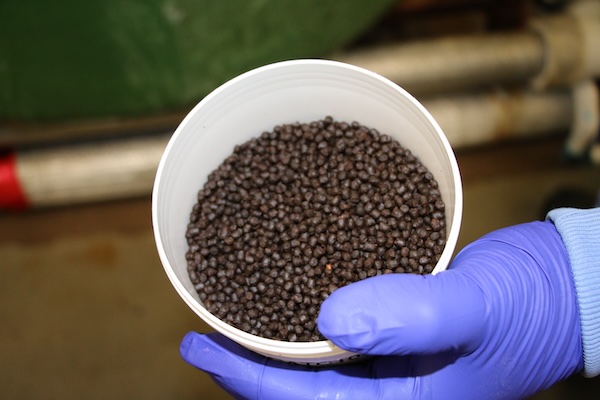
Onda, Canada’s largest contract research organization specializing in aquaculture, has partnered with the Canola Council of Canada (CCC) on an innovative Canola AgriScience Cluster research project.
The initiative explores the use of canola-based feed meal as a sustainable alternative in aquaculture production. By integrating this novel ingredient into aquafeed, the project seeks to expand the market for Canadian canola while promoting more environmentally responsible practices in the growing aquaculture industry.
“As global demand for seafood continues to rise, the need for sustainable practices in aquaculture has become more pressing than ever,” said Myrna Gillis, Onda CEO. “By advancing research into alternative feed sources, Onda and the canola sector are helping the industry meet these challenges head-on while working to unlock new markets for Canadian canola.”
Canola meal is a sustainable, cost-effective plant protein for fish feed, with a balanced amino acid profile. As the aquaculture industry seeks alternative feed ingredients, interest in canola meal is growing, especially given the long salmon production cycle, which offers opportunities for cost-effective feed formulations.
Onda, experienced in evaluating plant-based feed formulations, is leveraging its aquaculture health and nutrition expertise alongside the CCC’s knowledge of canola production. This collaboration aims to deepen the understanding of canola as a key ingredient in high-performance aquaculture feed.
“This research will enhance our understanding of canola meal’s nutritional value in aquaculture, helping to build market opportunities and further canola’s value-added contributions to our food and feed systems,” said Chris Manchur, CCC agronomy specialist and research lead.
The 18-month research project will assess the use of Canadian canola meal in fish feed, focusing on its effects on growth, disease resistance and environmental impact. Objectives include updating nutrient digestibility values, generating new aquaculture data and conducting a life cycle analysis of canola meal in salmon feed. Onda’s Nutrition, Health, FeedTech and LabTech units will lead the study, with results to be shared through collaborative research dissemination.
The findings are expected to contribute to more sustainable aquaculture production methods and support the industry’s commitment to reducing its reliance on marine-based ingredients.
“This project provides an excellent opportunity to evaluate canola meal in a new light,” said Ivan Tankovski, Director of Nutrition for Onda. “The digestibility and benchtop studies showed promising results, and we are now eagerly anticipating the results from the next trial to complete the picture.”
Now that you've reached the end of the article ...
… please consider supporting GSA’s mission to advance responsible seafood practices through education, advocacy and third-party assurances. The Advocate aims to document the evolution of responsible seafood practices and share the expansive knowledge of our vast network of contributors.
By becoming a Global Seafood Alliance member, you’re ensuring that all of the pre-competitive work we do through member benefits, resources and events can continue. Individual membership costs just $50 a year.
Not a GSA member? Join us.
Author
Tagged With
Related Posts
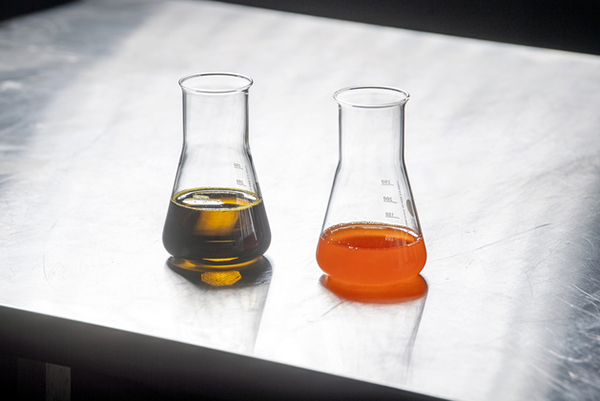
Aquafeeds
Novel omega-3-rich canola oil approved for salmon feed use in Norway
Novel omega-3-rich canola oil makes fish healthier and minimizes dark melanin spots in salmon fillets, Nofima scientists say.
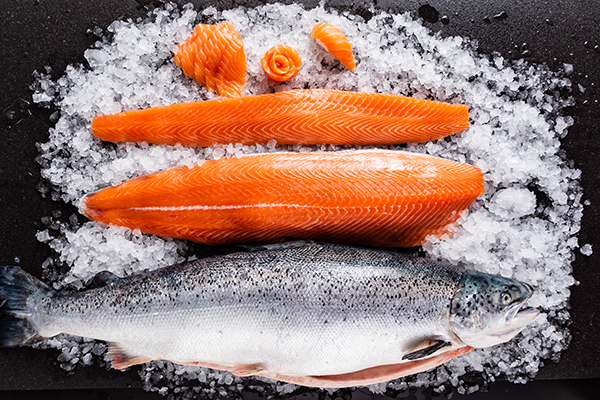
Aquafeeds
Aquaterra’s canola oil improves salmon fillet quality in Nofima trials
Aquaterra® Advanced Omega-3 canola oil is shown to improve the visual and nutritional quality of farmed salmon when included in their diets.
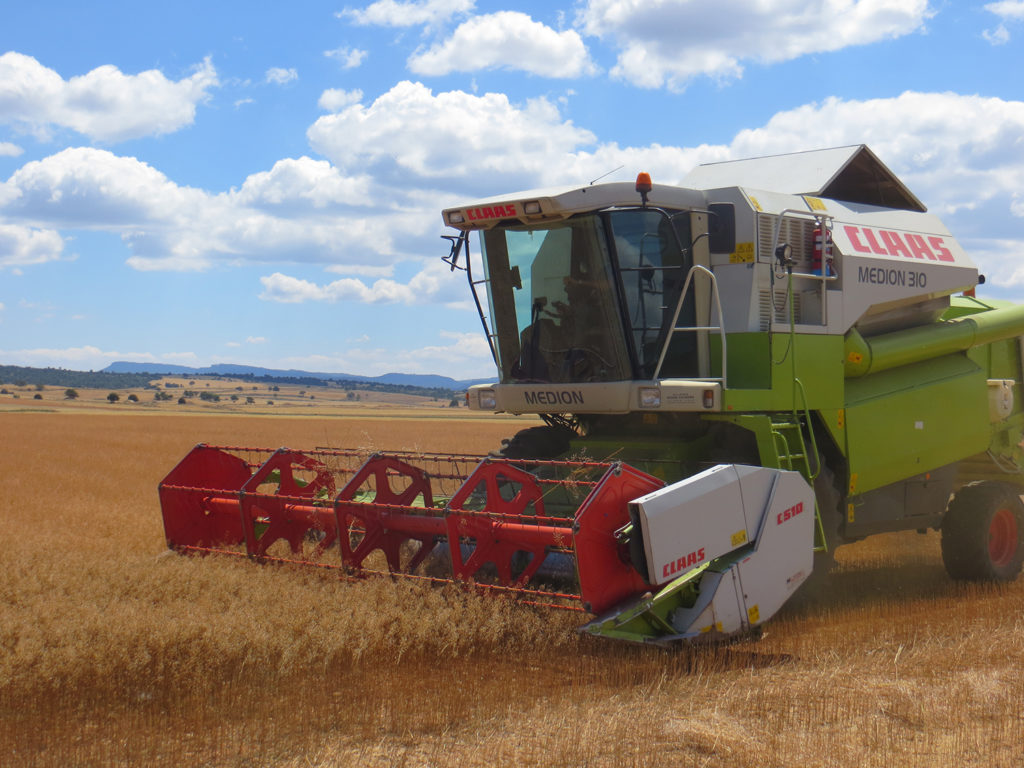
Aquafeeds
Canada eagerly looks to camelina oil as a fish oil alternative
Grown worldwide, Camelina sativa is a tiny seed used for human consumption that also has big potential for driving the “green” economy.
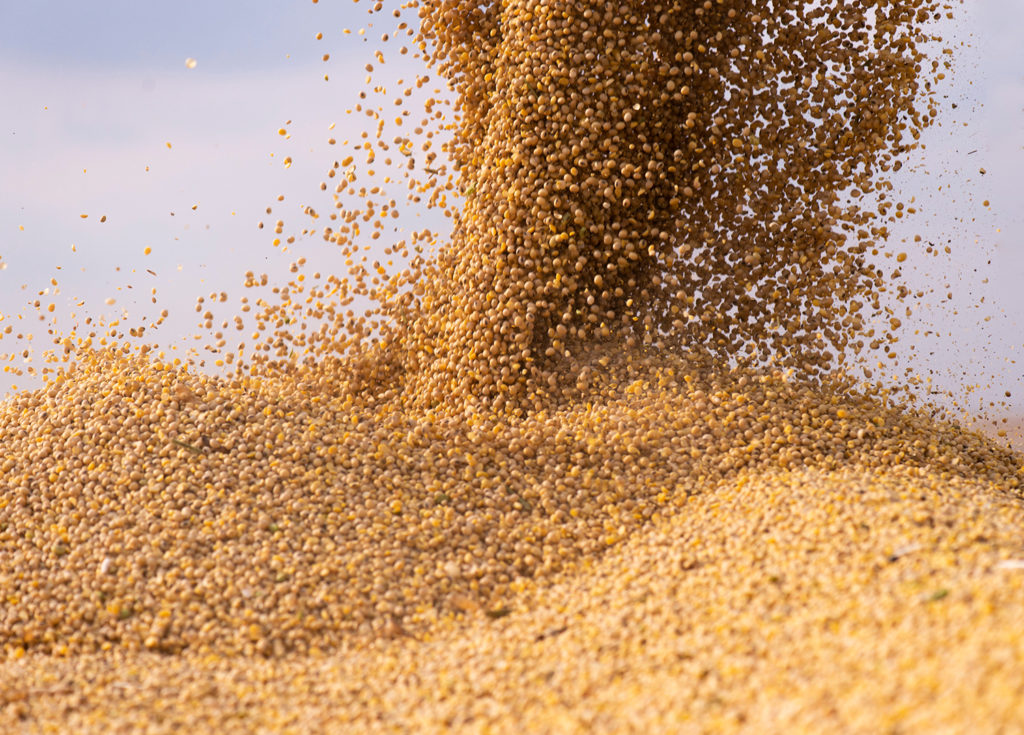
Aquafeeds
Soy helped build aquaculture into a global force. How far can it take it?
Soy has fueled the growth of aquaculture, but environmental and social concerns for some producing areas are prompting some fish farmers to take stock.



